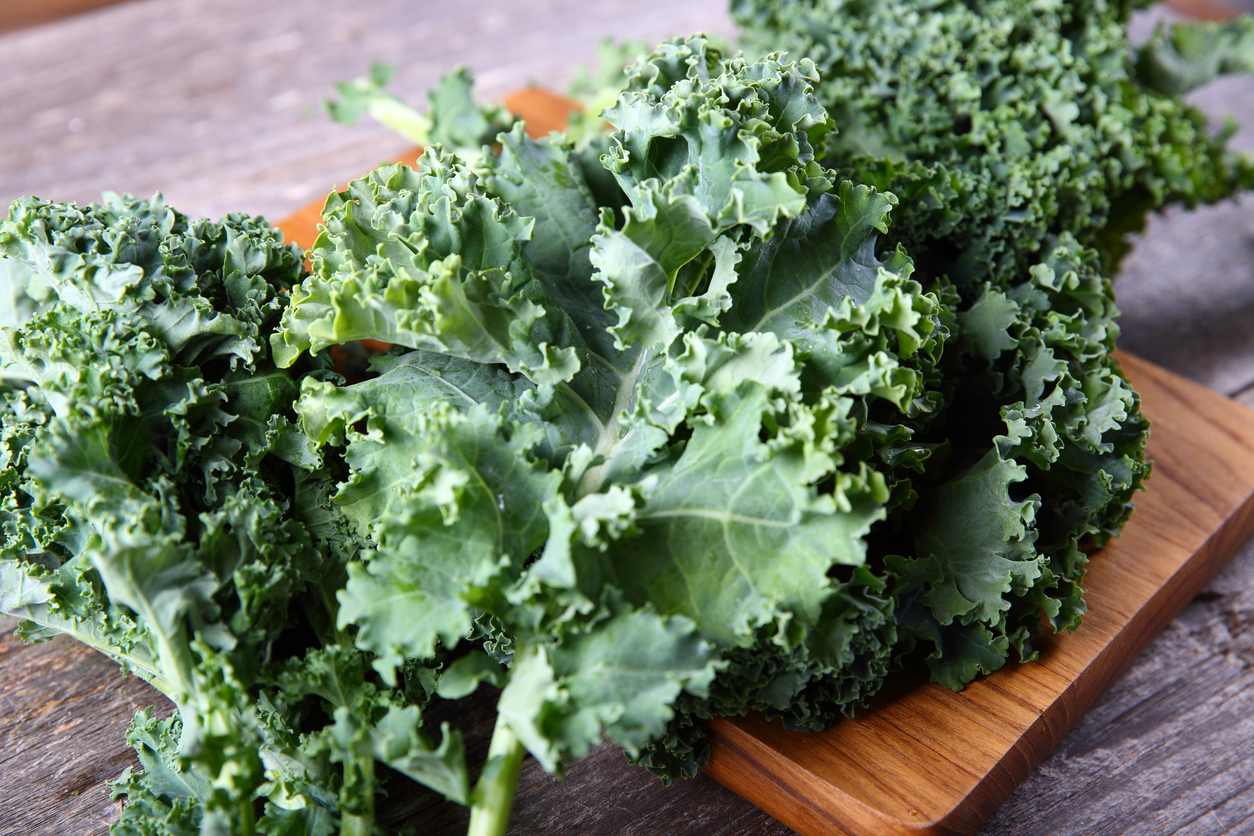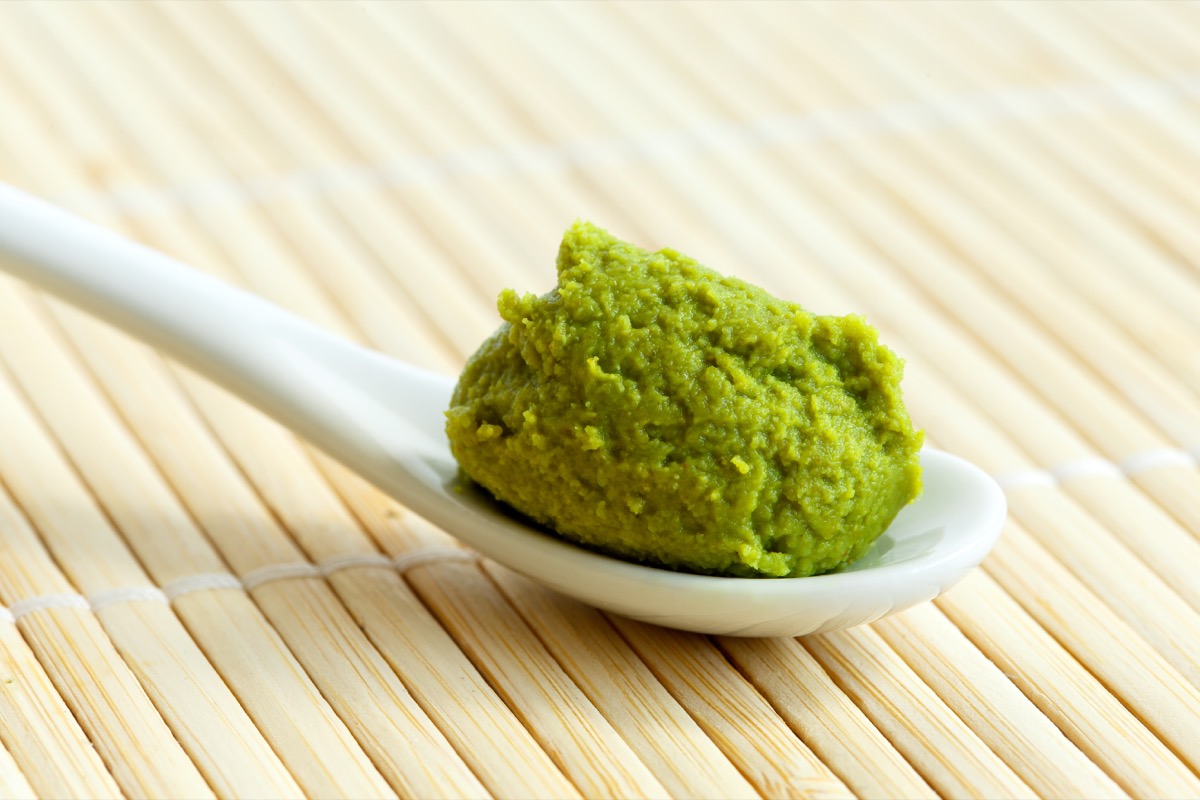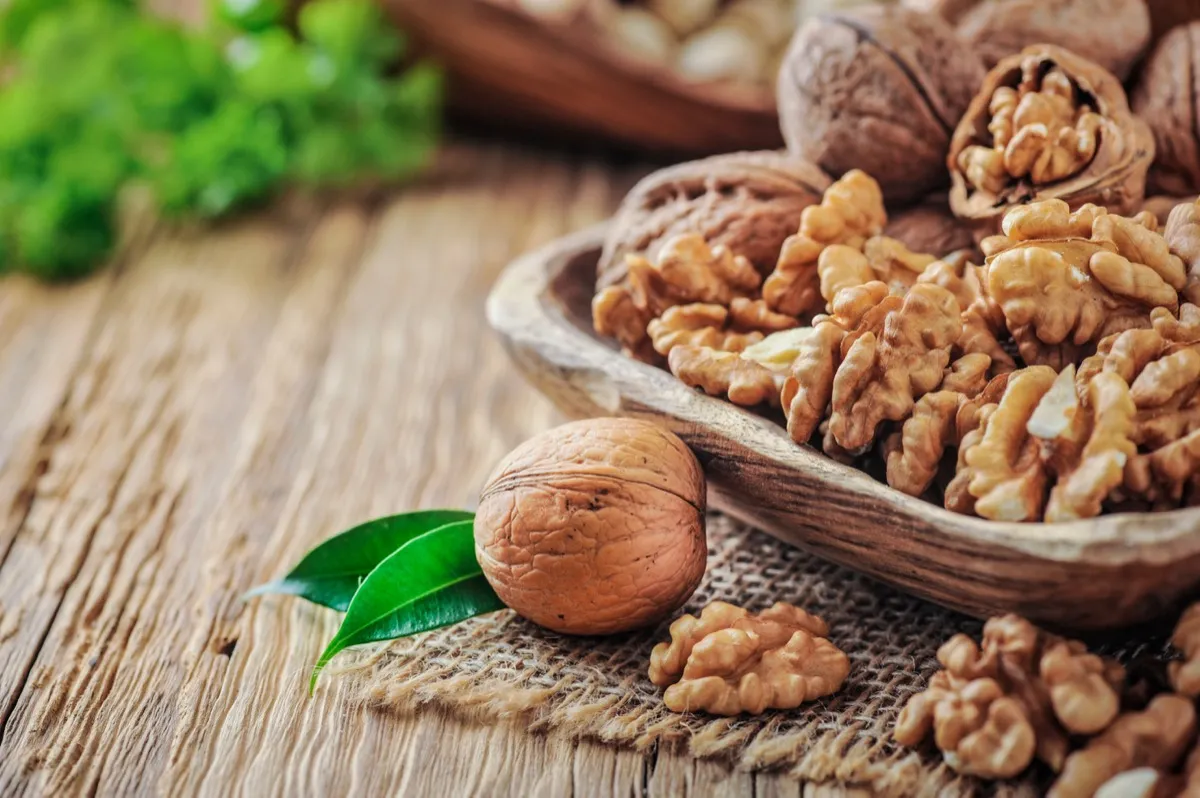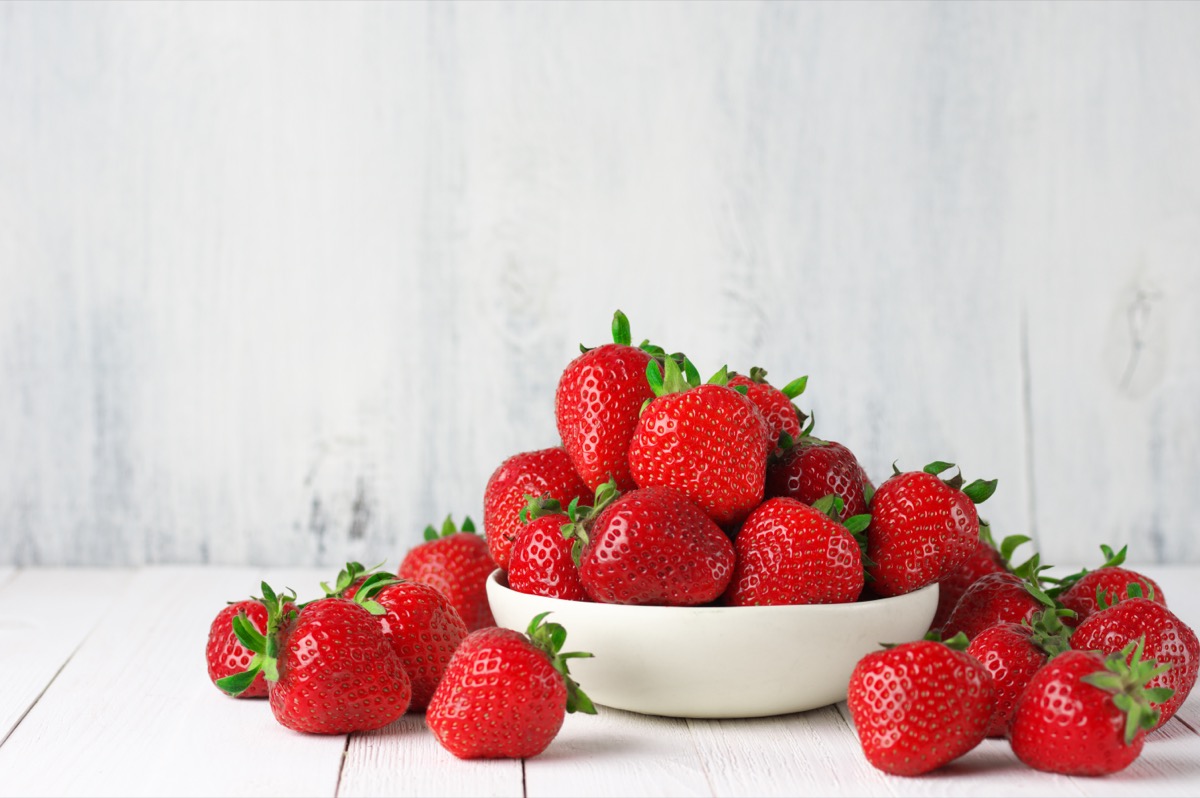5 Best Memory-Boosting Foods, According to Science

Today’s Americans are living longer than previous generations, yet with greater life expectancy can come certain age-related health burdens. For example, dementia and cognitive impairment are on the rise and are expected to top 150 million cases by 2050.
However, longer life expectancies are unlikely the sole cause for our worsening memories. Other factors, such as diet, exercise, and smoking habits, can have a dramatic impact on your cognitive health. One 2022 study published in the journal Nutrients says that there are “several dietary components, such as carbohydrates, fats, and hormones, reported to influence cognition.”
“Indeed, the consumption frequency of healthy or unhealthy foods perfectly correlates with better or worse cognitive performance in older adults,” the researchers write. “It would seem, therefore, that our diet directly affects brain health and the probability of developing dementia and neurodegenerative disorders in later life.”
Wondering which foods are best for boosting memory? Here’s how to enhance your cognitive health through your diet.
RELATED: 5 Best Anti-Aging Supplements, According to a Doctor.
1
Green leafy vegetables

Green leafy vegetables such as kale, arugula, Swiss chard, and collard greens, are among the best memory-boosting foods. In fact, when a group of researchers looked at cognitive assessment data from 960 participants of the Memory and Aging Project, they found that just one daily serving of leafy greens had a positive effect on cognition.
“Consumption of green leafy vegetables may help to slow decline in cognitive abilities with older age, perhaps due to the neuroprotective actions of lutein, folate, β-carotene, and phylloquinone,” says the 2018 study, which was published in the journal Neurology. “The addition of a daily serving of green leafy vegetables to one’s diet may be a simple way to contribute to brain health.”
2
Wasabi

Wasabi, popularly used as a garnish for sushi, is another food that can starkly improve your memory. One 2023 study on the subject, published in the journal Nutrients, included 72 healthy subjects aged 60 to 80. The researchers instructed half of the subjects to take 100 milligrams of wasabi extract every evening, with the control group receiving a placebo.
The research team then evaluated various aspects of the subjects’ cognition after three months and found that the wasabi-consuming group saw a “significant” boost in both short-term memory and episodic memory. They note that an antioxidant and anti-inflammatory ingredient called 6-MSITC likely triggers those improvements by reducing inflammation in the hippocampus and improving neural plasticity.
RELATED: People Who Live to 100 Have These 3 Things in Common, New Research Shows.
3
Fatty fish

Fatty fish is another great addition to your brain-boosting diet, as long as you consume it in moderation. Experts suggest eating fish at least twice per week, selecting varieties that are low in mercury, such as canned tuna, salmon, or cod.
That’s because fatty fish is full of healthy, unsaturated fats called omegas. These may help to decrease your blood levels of beta-amyloid, a protein that can build up into plaques in the brains of people with Alzheimer’s disease (AD).
“Ingestion of omega-3 fatty acids increases learning, memory, cognitive well-being, and blood flow in the brain,” explains a 2022 study published in the journal Cureus. “Omega-3 treatments are advantageous, well-tolerated, and risk-free.”
4
Walnuts

Packed with protein and healthy, polyunsaturated fats, walnuts are also considered beneficial for the brain and memory. In particular, they contain alpha-linolenic acid (ALA), a type of omega-3 that has been linked to better heart and brain health.
“Human clinical trials have… suggested an association of walnut consumption with better cognitive performance and improvement in memory when compared to baseline in adults,” says a 2020 study published in the journal Nutrients. “Several lines of evidence suggest that walnuts may reduce the risk of age-related diseases because of the additive or synergistic effects of its components with antioxidant and anti-inflammatory effects.”
RELATED: 94% of People With These Vision Problems Develop Alzheimer’s, New Study Finds.
5
Berries

A 2012 study published in the Annals of Neurology suggests that berries—rich in antioxidant and anti-inflammatory flavonoids—should also be on the menu for their memory-boosting benefits.
That research drew on data from the Nurses’ Health Study, which included 122,000 registered nurses as subjects. After tracking the nurse’s diets and reviewing cognitive assessment data, the researchers at Brigham Women’s Hospital/Harvard Medical School found that subjects who ate more blueberries and strawberries experienced slower rates of cognitive decline. Participants who consumed two or more servings of berries per week experienced the greatest benefits.
“Berries contain a particularly high amount of flavonoids called anthocyanidins that are capable of crossing the blood brain barrier and localizing themselves in the hippocampus, an area of the brain known for memory and learning,” explains the Alzheimer’s Association. “Investigational drugs and other alternative therapies often fail because they cannot cross the blood brain barrier or reach the hippocampus.”
Best Life offers the most up-to-date information from top experts, new research, and health agencies, but our content is not meant to be a substitute for professional guidance. When it comes to the medication you’re taking or any other health questions you have, always consult your healthcare provider directly.
- Source: Neurology: Nutrients and bioactives in green leafy vegetables and cognitive decline
- Source: Nutrients: Benefits of Wasabi Supplements with 6-MSITC on Memory Functioning in Healthy Adults Aged 60 Years and Older
- Source: Cureus: Effects of Omega-3 Polyunsaturated Fatty Acids on Brain Functions
- Source: Annals of Neurology: Dietary intakes of berries and flavonoids in relation to cognitive decline
- Source: Alzheimer's Association: Why Berries May Delay Memory Decline